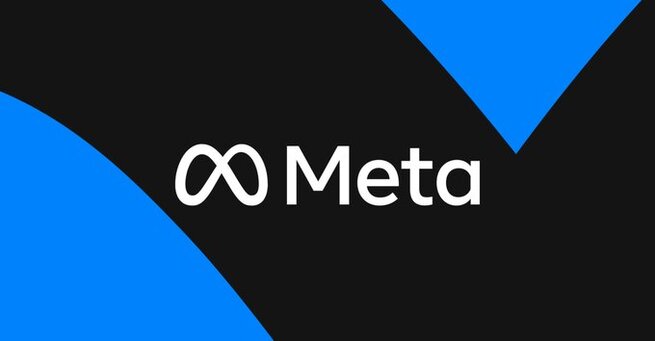

Meta allegedly allowed accounts involved in sex trafficking to continue operating until the 17th violation, according to former safety leader Vaishnavi Jayakumar. This means users could repeatedly post content related to prostitution or sexual exploitation before facing suspension. Lawyers claim internal documentation backs up this policy, raising questions about the company’s prioritization of engagement over user safety.
The unredacted court filing suggests Meta’s focus on user engagement outweighed safety concerns. Jayakumar stated that the high strike threshold is “very unusual by industry standards,” implying that the company repeatedly tolerated illegal content to keep users active. Critics argue this approach put vulnerable populations, especially children, at serious risk.
Reports indicate Meta “did not have a specific way” for Instagram users to report child sexual exploitation effectively. Combined with the 17-strike policy, this gap in reporting mechanisms may have allowed abusive accounts to remain active longer than acceptable, according to the lawsuit brought by school districts nationwide.
Meta now faces scrutiny in court as allegations surface that its policies enabled sex trafficking and sexual solicitation online. This case highlights broader concerns about tech companies balancing growth, engagement, and safety. Legal experts and advocates are closely watching for potential consequences that could redefine accountability in social media platforms.

𝗦𝗲𝗺𝗮𝘀𝗼𝗰𝗶𝗮𝗹 𝗶𝘀 𝘄𝗵𝗲𝗿𝗲 𝗿𝗲𝗮𝗹 𝗽𝗲𝗼𝗽𝗹𝗲 𝗰𝗼𝗻𝗻𝗲𝗰𝘁, 𝗴𝗿𝗼𝘄, 𝗮𝗻𝗱 𝗯𝗲𝗹𝗼𝗻𝗴. We’re more than just a social platform — from jobs and blogs to events and daily chats, we bring people and ideas together in one simple, meaningful space.

Comments